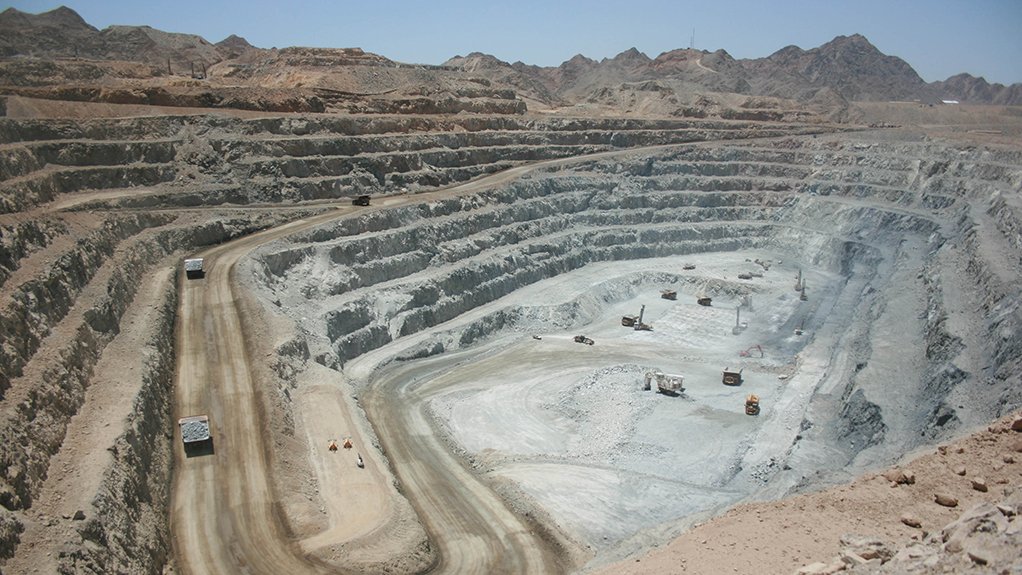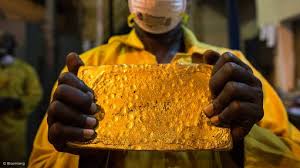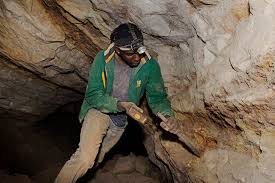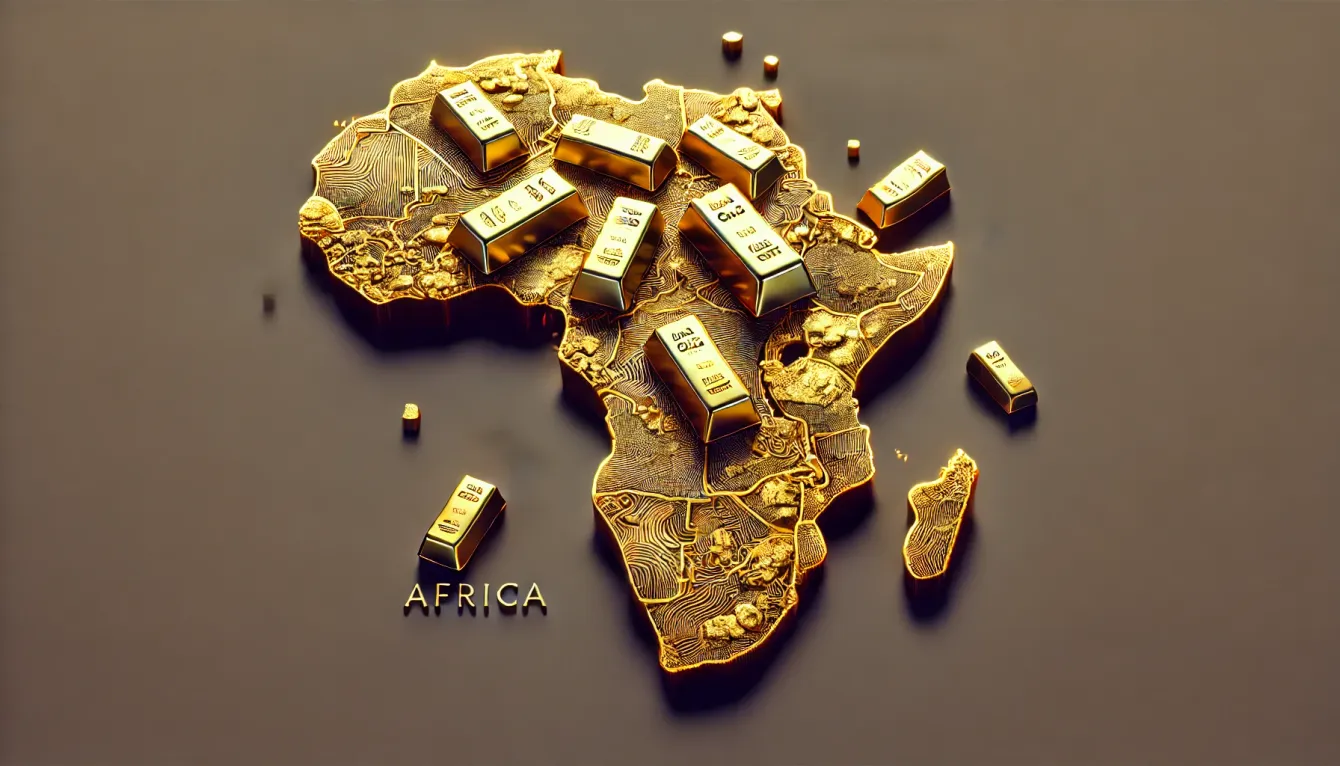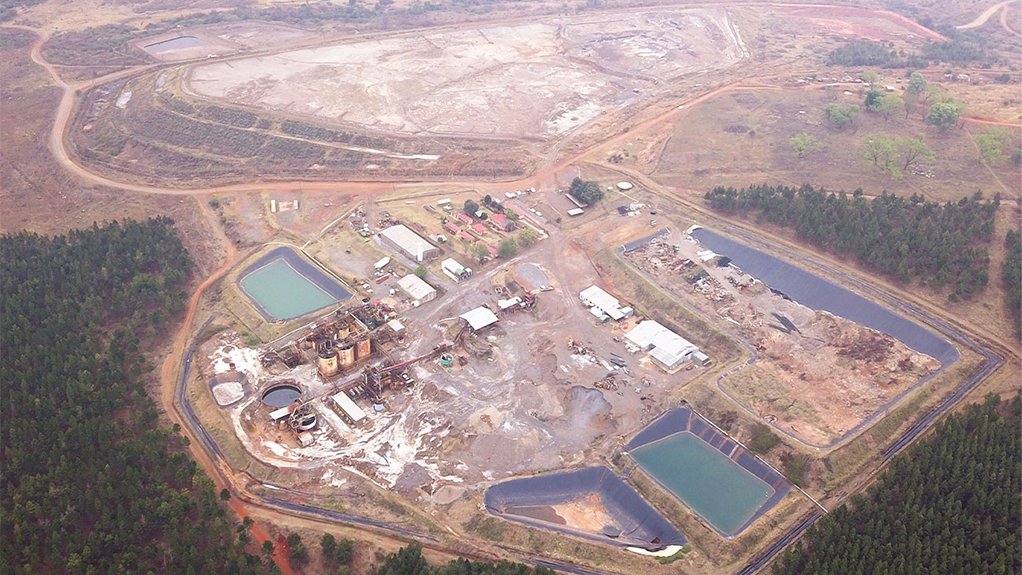Precious Metals

Botswana’s Strategic Acquisition of De Beers Transforms Diamond Industry

A Strategic Push for Resource Sovereignty
Botswana has initiated a historic move to acquire Anglo American's controlling 85% stake in De Beers, a pivotal step announced by President Duma Boko. This acquisition is driven by a continental trend of resource nationalism, aiming to secure greater economic benefits from the country's own diamond resources. By transitioning from a joint-venture partner to a majority owner, Botswana seeks to capture more value from the entire diamond supply chain, reducing its dependence on external corporate control and asserting its economic sovereignty.
Leveraging Existing Influence and Navigating Rivalry
Botswana's negotiating position is strengthened by its existing partnership with De Beers through the Debswana joint venture, which gives it a 15% stake and, more critically, supplies 70% of De Beers' rough diamond production. This operational leverage makes Botswana an indispensable partner. However, the acquisition is complicated by a competing bid from Angola, creating a complex regional dynamic. While both nations held discussions, the emergence of rival bids suggests a competitive rather than collaborative approach, though Botswana's deep operational integration with De Beers provides it with a distinct advantage.
Anglo American's Motives and the Financial Hurdles
Anglo American's decision to divest stems from a strategic shift away from diamonds toward energy transition metals like copper, amid a challenging market for natural gems. The company values De Beers at $4.9 billion, presenting Botswana with a significant financial challenge. Securing the necessary funding will require substantial sovereign financial commitment or complex international financing partnerships. Furthermore, Botswana must overcome technical hurdles related to managing De Beers' sophisticated global operations and navigating regulatory approvals across multiple international jurisdictions.
Reshaping Market Dynamics and Economic Potential
Successful acquisition would fundamentally reshape global diamond markets, shifting pricing power from corporate traders to a producer nation. This could lead to more stable prices and allow Botswana to implement marketing that emphasizes ethical sourcing and African heritage. Economically, the move promises transformative benefits, enabling Botswana to vertically integrate into higher-value processes like cutting and polishing. This would create skilled jobs, foster technology transfer, and diversify the economy beyond raw material exports, capturing significantly more revenue.
The Road Ahead and Broader Implications
The ownership transfer is a complex process likely to take 12 to 18 months, with its timeline influenced by market conditions and the resolution of Angola's competing bid. For global consumers, this shift could enhance diamond traceability and ethical credibility. For investors, it represents a broader trend of African resource sovereignty, changing the risk profile of mining investments on the continent. Botswana's bid is more than a corporate acquisition; it is a strategic maneuver to redefine its role in the global diamond industry from a supplier to a dominant owner.





